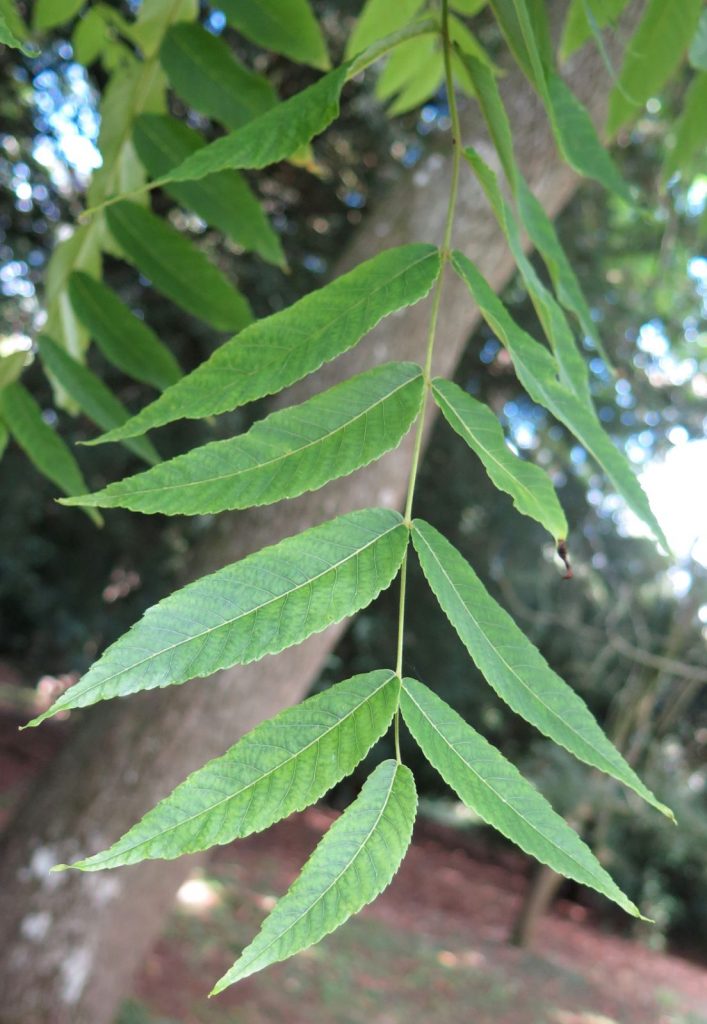Juglans ailantifolia var. cordiformis seed

Juglans ailantifolia var. cordiformis (Heart-shaped Japanese Walnut) Overview
Description
Juglans ailantifolia var. cordiformis, commonly known as the Heart-shaped Japanese Walnut, is a unique variety of the Japanese walnut tree, native to East Asia, particularly Japan and Korea. This particular variety is characterized by its distinct heart-shaped leaves, which differentiate it from the more typical varieties of Juglans ailantifolia, also known as the Japanese walnut. The tree can grow up to 30 meters tall and features a broad, spreading crown. The leaves are large, glossy, and have a heart-like shape, contributing to the tree’s ornamental appeal. During the summer, the tree produces small, yellowish-green flowers that develop into edible nuts in the fall. These nuts are encased in a green husk, which, when peeled, reveals a wrinkled, edible seed.
The bark of Juglans ailantifolia var. cordiformis is dark gray to brown, and its wood is known for its strength and grain pattern, which makes it highly sought after in woodworking.
Ecological Role and Habitat
Native to the temperate forests of East Asia, Juglans ailantifolia var. cordiformis thrives in well-drained, loamy soils, typically in forested areas and along riversides. It requires a moderate climate and does best in areas with a distinct winter period, which helps to regulate its dormancy cycle. This walnut variety can be found growing in a variety of habitats, including both natural forests and cultivated landscapes, where it provides shade and adds to the biodiversity of the region. The tree is relatively drought-tolerant once established, but it prefers regular rainfall during its growing season.
Uses and Benefits
- Culinary Use: The nuts produced by Juglans ailantifolia var. cordiformis, known as Japanese walnuts, are edible and have a similar taste and texture to English walnuts. The seeds are rich in healthy fats, protein, and vitamins. They can be consumed raw, roasted, or used in cooking and baking. In East Asia, the nuts are often included in various traditional dishes and snacks, adding both flavor and nutritional value.
- Woodworking and Craftsmanship: The wood of the Japanese walnut, including the variety cordiformis, is highly prized in woodworking. Known for its fine grain and rich color, it is used in the creation of high-quality furniture, cabinetry, and veneer. The wood’s durability and aesthetic appeal make it an attractive choice for fine carpentry and artisan projects.
- Medicinal Uses: While not as widely known in Western medicine, various parts of the walnut tree have been used in traditional Asian medicine. In some cultures, walnut leaves and bark have been used to treat skin conditions and promote wound healing. Additionally, the nuts are thought to have anti-inflammatory properties and are sometimes used in folk remedies for various ailments such as joint pain or digestive issues.
- Ornamental Use: Juglans ailantifolia var. cordiformis is often cultivated as an ornamental tree due to its attractive heart-shaped leaves and the shade it provides. It is used in parks, large gardens, and along streetscapes where its height and broad canopy can enhance the landscape. The tree’s seasonal transformations—from spring growth to the bright yellow and orange fall foliage—add to its aesthetic value.
- Environmental Benefits: The Heart-shaped Japanese Walnut contributes to soil stabilization and provides a habitat for local wildlife. Its broad canopy offers shelter to birds and insects, and its nuts serve as a food source for various species. Additionally, like many trees, it plays a role in carbon sequestration, helping to mitigate climate change by absorbing CO2 from the atmosphere.
Conclusion
Juglans ailantifolia var. cordiformis, or the Heart-shaped Japanese Walnut, is a remarkable plant with numerous ecological, culinary, and economic benefits. From its edible nuts, which provide nutritional value, to its durable, attractive wood used in craftsmanship, this variety of Japanese walnut is a versatile and valuable tree. Its ornamental qualities also make it a popular choice in landscaping, while its environmental contributions further highlight its importance in both natural and cultivated settings. Whether used for its nuts, wood, or beauty, the Heart-shaped Japanese Walnut proves to be a valuable asset in a variety of contexts.
